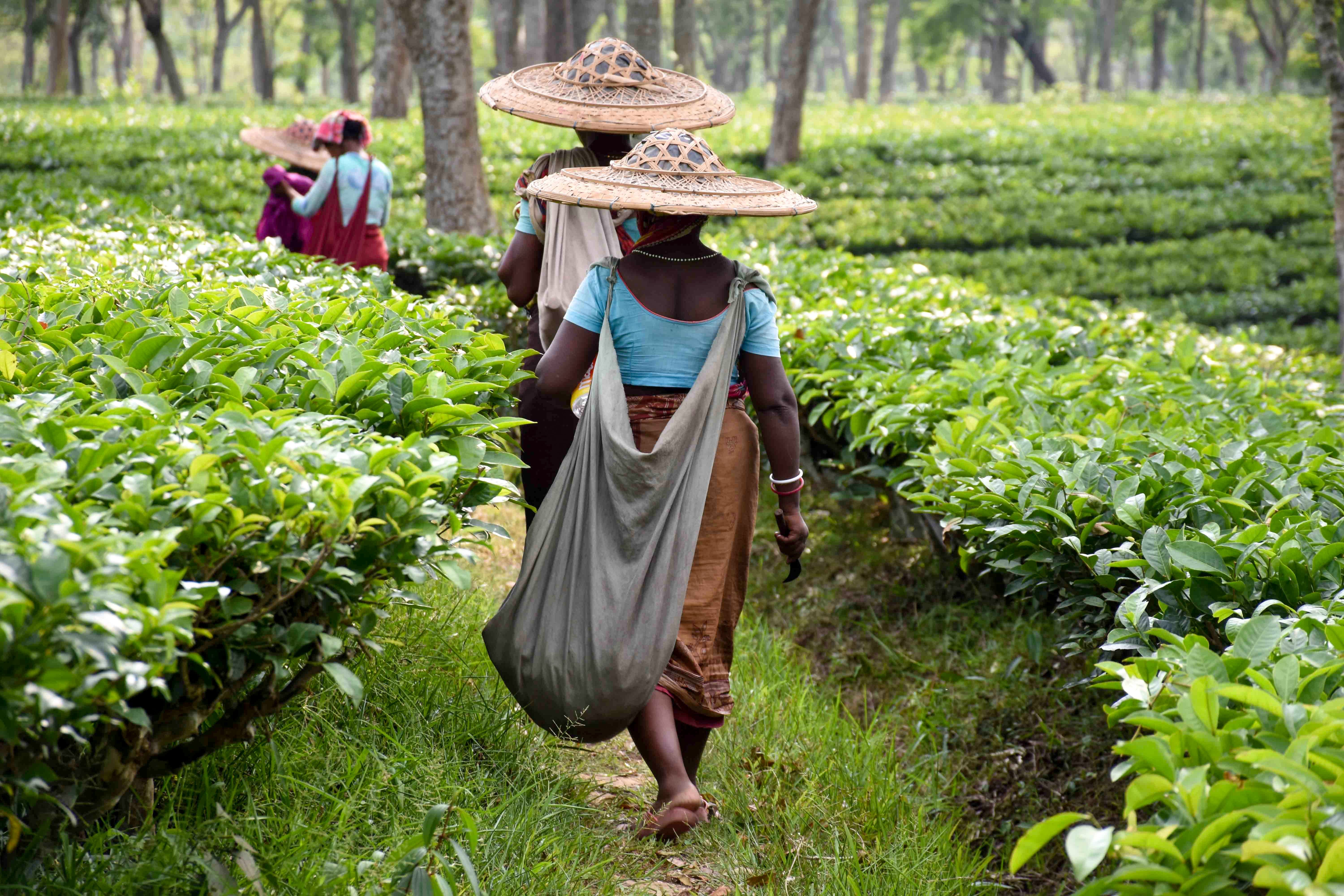World Rainforest Day: Five UK favourite foods ‘under threat from climate crisis and deforestation’
The Rainforest Alliance says climate change and deforestation threaten the supply of key raw ingredients for some of Britain’s favourite foods

Your support helps us to tell the story
From reproductive rights to climate change to Big Tech, The Independent is on the ground when the story is developing. Whether it's investigating the financials of Elon Musk's pro-Trump PAC or producing our latest documentary, 'The A Word', which shines a light on the American women fighting for reproductive rights, we know how important it is to parse out the facts from the messaging.
At such a critical moment in US history, we need reporters on the ground. Your donation allows us to keep sending journalists to speak to both sides of the story.
The Independent is trusted by Americans across the entire political spectrum. And unlike many other quality news outlets, we choose not to lock Americans out of our reporting and analysis with paywalls. We believe quality journalism should be available to everyone, paid for by those who can afford it.
Your support makes all the difference.The climate crisis and deforestation are causing devastating loses for habitats around the world – and the consequences could soon hit some of the UK’s favourite foods.
That’s according to Rainforest Alliance, which says the impact of deforestation, the biodiversity crisis and warming temperatures is making it more challenging for farmers.
Protecting themselves from extreme weather is now more difficult, a s is reaping successful harvests and even growing certain crops, Rainforest Alliance says.
The not-for-profit organisation, which helps protect forests and helps farmers mitigate and adapt to the climate crisis, says these challenges will affect staples such as wheat, corn and rice, but also key raw ingredients for some of Britain’s favourite foods.
Here are five that are threatened:
Chocolate
The key ingredient in chocolate is the cocoa bean.
Climate change and unsustainable farming methods are already leading to a crisis in cocoa production, with some areas that once produced bountiful harvests now unsuitable for growing, according to the Rainforest Alliance.
Less rainfall, soil depletion and more pests and diseases are reducing crop yields and reducing the quality of the crop, the group said.
Higher temperatures also means less humidity, leaving the cocoa tree too dry to survive and meaning cultivation must move to higher land, sometimes spreading into forested areas which are then cut down. This deforestation then exacerbates the climate crisis in a vicious cycle.
As the area suitable for cocoa cultivation shrinks, it’s possible global demand for chocolate will no longer be able to be met, the group said.
Tea
Tea plants grow best in tropical and subtropical climates that have hot humid summers and cool dry winters, according to the Rainforest Alliance.
However, the rainy and dry seasons are increasingly out of sync due to climate change, causing some tea plantations to “drown” while others die of thirst, the group said. The unpredictability of cultivating tea means its becoming increasingly economically unviable for farmers, it added.
Avocados
Avocados need a lot of water to grow but are mainly cultivated in regions that suffer from heatwaves and droughts thanks to climate change, the Rainforest Alliance says.
In regions where water supplies are already low this is making cultivation more challenging, it said. Like elsewhere, to meet the demand forests are being chopped down in order to plant avocado trees.
Bananas
For bananas, higher temperatures brings more pests and diseases, and the climate can even become too hot and dry for the fruit that likes high tempeartures, the Rainforest Alliance said.
Coffee
Higher temperatures are also spreading diseases that affect coffee plantations, such as “coffee rust”, a fungal disease, the group said. Higher altitude land is also in demand for coffee plants as temperatures gets hotter leading to further deforestation, it added.
Join our commenting forum
Join thought-provoking conversations, follow other Independent readers and see their replies
Comments